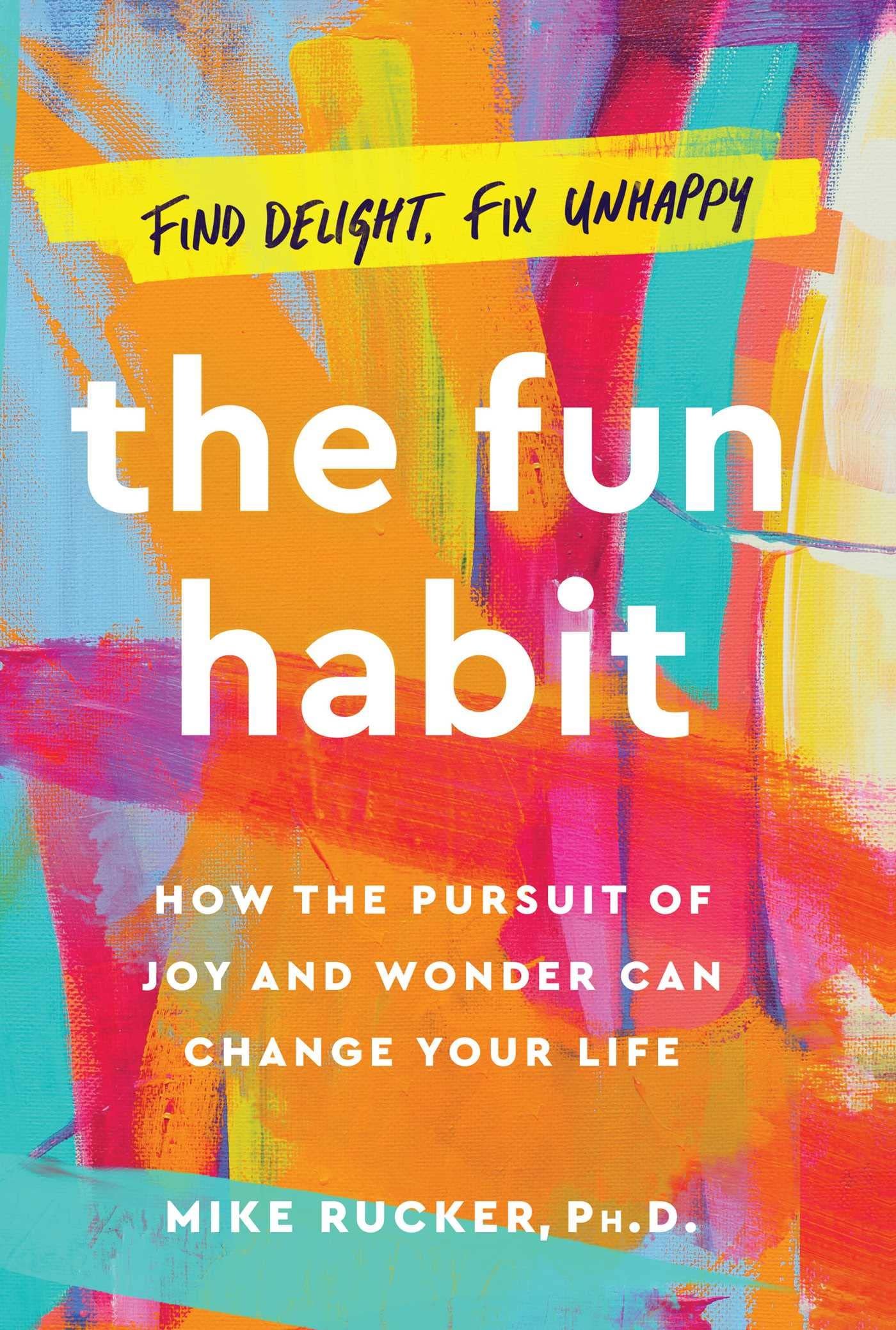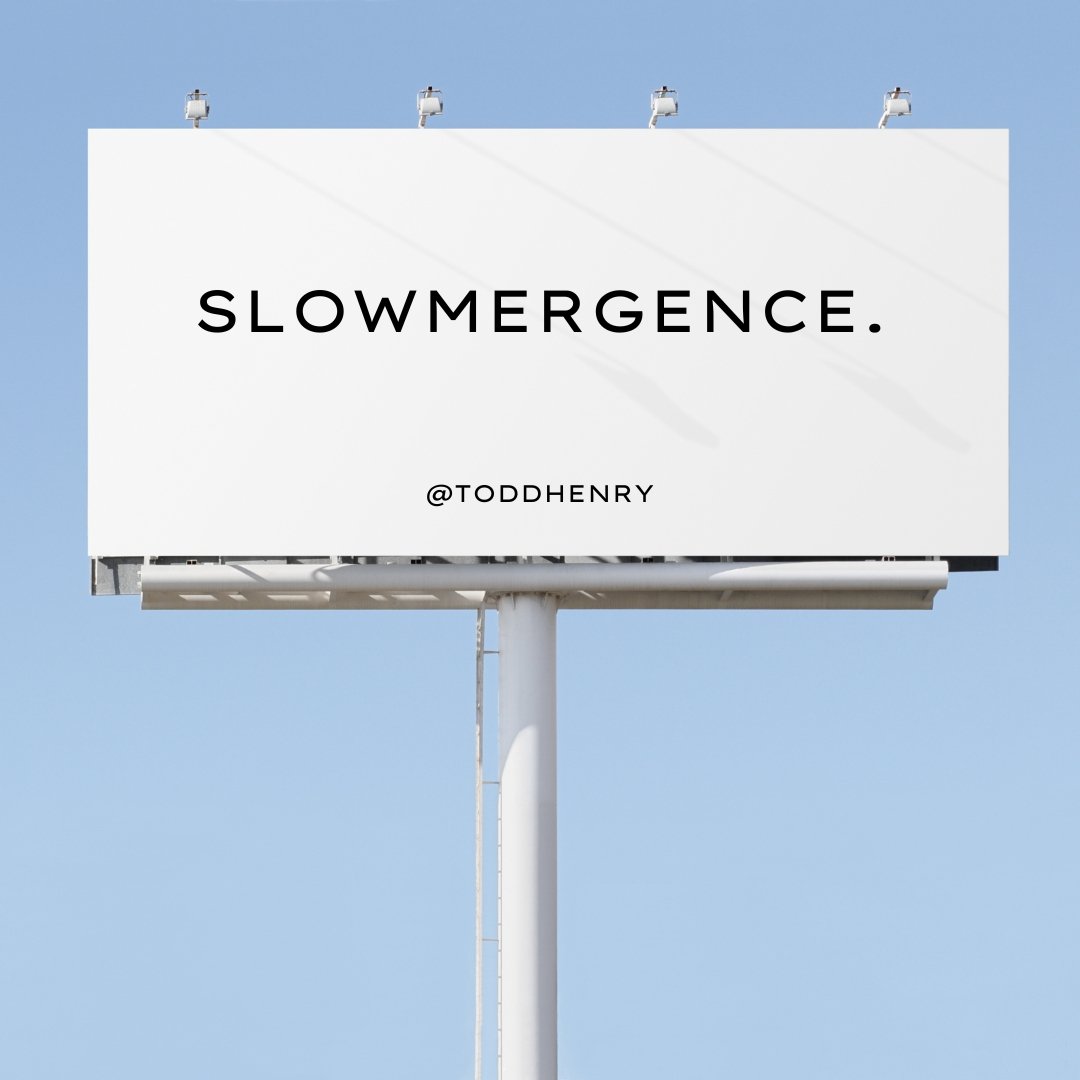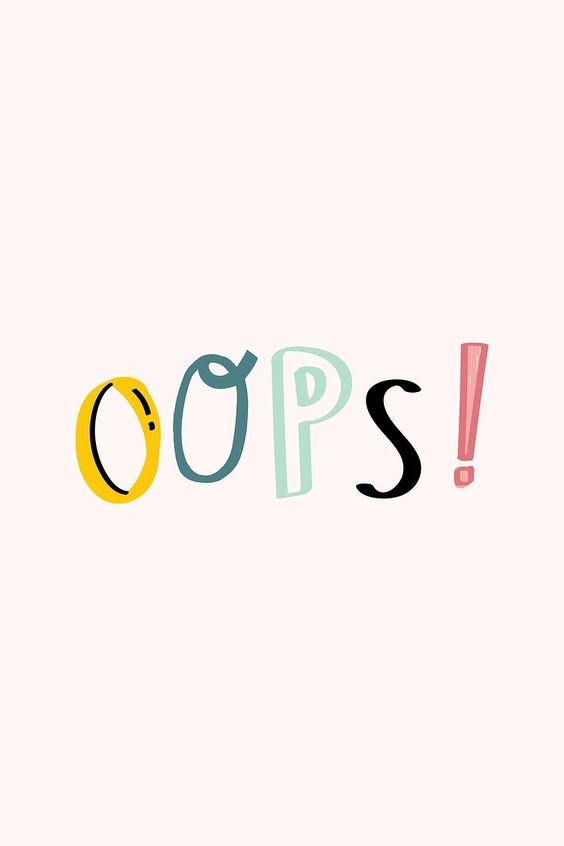The newest release (v39) of the “What’s Interesting?” feature has my latest finds, which inform, educate, and relate to organizing and life balance. These unique, inspiring, embracing change discoveries reflect this month’s blog theme.
You are a generous, communicative, and engaged group. I am deeply grateful for your ongoing presence, positive energy, and contributions to this community. I look forward to your participation and additions to the collection I’ve sourced.
What do you find interesting?
What’s Interesting? – 5 Best Embracing Change Discoveries
1. Interesting Read – Life Change
Do you want more happiness in your life? In The Fun Habit – How the Pursuit of Joy and Wonder Can Change Your Life, behavioral scientist, organizational psychologist, and author Mike Rucker, Ph.D., shares how happiness is a state of mind which can feel elusive and dependent upon your circumstance. Yet fun is action-oriented and something within your control. He says, “In contrast to happiness, I’ve come to learn fun is less think and more do. You’re either having fun or you’re not.”
Backed by research and personal experiences, Mike shares ways to be intentional about fun. While he is not opposed to striving, he says, “instead of auditing your calendar for productivity, audit it for fun.” Use the PLAY model to identify and sort activities based on their level of challenge and degree of fun. Create your “fun file” to document and prioritize your fun habit. This book is for you if you’re ready to change and add more delight to your life. Mike says, “We don’t get through life without enduring periods of disappointment, pain, and loss. Fun is the magical balm that makes the slings and arrows bearable.”
2. Interesting Perspective - Slow Change
Change can happen quickly, but more often, it occurs slowly after percolation and transition. During a recent talk, Todd Henry, author, speaker, and creative thinker, described “how ideas tend to come in seasons, not moments.” He started to say, “there is a slow emergence.” Instead, he accidentally combined the words and said, “there is a slowmergence.” A new phrase was born.
Todd further described slowmergence and said, “We tend to think that ideas are sudden clicks, or a-ha’s, but they more often emerge as networks and patterns over time until one inciting incident illuminates what’s been developing for days or weeks.”
I often see this with my clients when they are seeking change. While it might appear as if a change is happening suddenly, it usually has been simmering for a long time. There can be an “inciting incident,” as Todd mentions, that brings clarity and action.
“Fun is the magical balm that makes the slings and arrows bearable.”
3. Interesting Film – Navigate Change
Recently, I had the joy of privately screening Kate Schermerhorn’s incredible award-winning documentary film, Do I Need This? The film is about “American excess and the stuff from which happiness is truly made.” While the stats are compelling, with American homes containing an average of 300,000 objects, or 93% of Americans using their garages for storage, this film explores so much more.
Kate shares about the environmental impact of our stuff while weaving in her family’s story and personal experiences of acquiring and letting go. These themes are supported by interviews including the leading expert in Hoarding Disorder, Dr. Randy Frost, Plentitude author and economist Juliet Schor, and artists and environmental activists Judith Selby Lang and Richard Lang.
Change is another theme in the film. We witness shifts in relationships with people and their stuff. Dr. Frost recognizes how “possessions often have an essence for us.” That “essence” can make it challenging to release. Kate said, “I just want to hold onto the past while simultaneously letting go.” This film is an honest, beautiful journey about openings for change and the impact of stuff on our lives and the planet.
4. Interesting Product – Easy Change
There are times while going through a change when you wish it were “easy” or “done already.” There’s nothing like adding some humor to a stressful situation. Knock Knock has a great way of infusing playfulness into their organizing products.
The I Just Want It All pad brings whimsy and order to task and change management. You can select the options quoted above along with the third choice, “dipped in chocolate,” and then list your things to do below. The bottom of the pad asks, “Is that so wrong?” I think not. Change can be challenging, but with this list, you’ll be able to focus with a smile.
5. Interesting Thought – Accept Change
Change can be messy and challenging. It involves doing new things, altering habits, reframing perspectives, and stepping outside your comfort zone. You will make mistakes, experience adversity, feel vulnerable, practice new skills, and test your patience. It’s normal to have some “oops” moments along the way. In fact, it’s a great sign which is a change indicator. Embrace the mistakes. They will bring growth, learning, and the changes you seek.
Do you have an interesting change discovery? Which of these resonates with you? I’d love to hear your thoughts. I invite you to join the conversation.
















